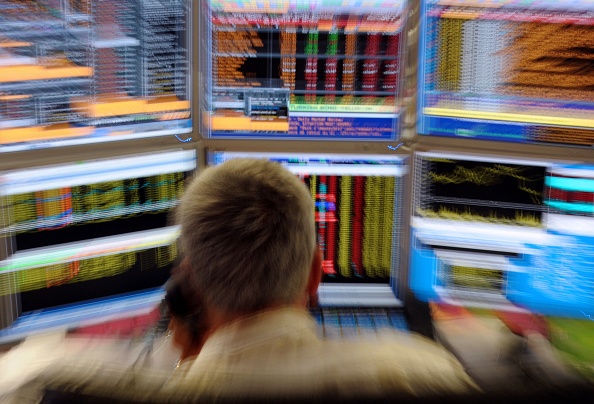Herd behaviour is more to blame for the Neil Woodford saga than the man himself

Over the last two months, the media storm around Neil Woodford has captured the attention of investors, regulators, and even parliament.
A man who was once billed as “Britain’s Warren Buffett” is now at the centre of a crisis which threatens to extinguish the star fund manager and his eponymous fund.
Woodford built his reputation as an independent thinker, eschewing the herd mentality which left investors heavily exposed to tech stocks during the dotcom bubble and financial services during the crisis of 2007-08.
It is ironic that a man who resisted the pressure of herd behaviour throughout his career now risks being consumed by it, after Woodford’s Equity Income Fund was forced to suspend following a deluge of redemptions.
But Woodford is no stranger to controversy: while at Invesco, his decision to avoid overhyped tech stocks led to a similar pattern of underperformance. Woodford was reported to be within six months of losing his job before the market corrected itself, vindicating his investment strategy.
It appears that Woodford is now awaiting a similar change in fortune. He longs for a market correction to vindicate him once again and make investors think twice about withdrawing their money. Whether the inevitable wave of redemptions can be halted once the current suspension is lifted remains an open question.
One thing is for sure: investors calling for a new investment approach will likely be disappointed.
Woodford is a consistent contrarian, and his investment mandate has always been clear. So while he may face criticism for the level of unquoted stocks in his portfolio, it is hard to argue that he was not transparent. Information regarding the portfolio’s holdings was open to all investors – sophisticated or otherwise.
From this perspective, it becomes increasingly clear that – although the fund had been underperforming – its more recent decline has been fomented by panicked investors seeking redemptions, thereby putting pressure on equities held by the fund and causing a race to the bottom.
It is no surprise that irrational decisions such as these often permeate financial markets, yet their effects can be surprising. As we saw during the financial crisis, herd behaviour can magnify losses, as institutional and retail investors alike fall prey to hysteria which appears to induce myopia.
This shortsightedness is an issue because, while Woodford’s performance since 2017 was problematic to say the least, investors’ failure to acknowledge that his minimum investment horizon spanned almost half a decade meant that investment decisions were driven by the spot price on any given day.
Active funds aren’t designed to track the index, and often flow counter to it.
This works in both directions: as passive funds track whichever trend is driving the market, active funds may go through a period of underperformance, but when the market switches to focusing on fundamentals, active fund managers can achieve super-
normal returns. This approach allowed Woodford to vastly outperform passive funds and the FTSE All-Share tracker during his time at Invesco.
To be fair to regulators, there is an acceptance that investors must be protected from herd mentality where possible, with the FCA’s Andrew Bailey describing the fund’s suspension as “the right thing to do” in a recent select committee appearance. This is a refreshing bout of realism in our ever more populist public discourse.
As Woodford begins the process of selling down his stakes to meet the expected redemptions, one must look holistically at the events which have transpired. Although his investment strategy may rely upon a long anticipated market correction, this should not obscure the fact that herd behaviour has exacerbated this saga.
A nauseating level of hysteria has characterised these events, but for those who would write Woodford’s obituary, one must admit that it is rather difficult to report sightings of a supernova without a telescope.
Main image credit: Getty